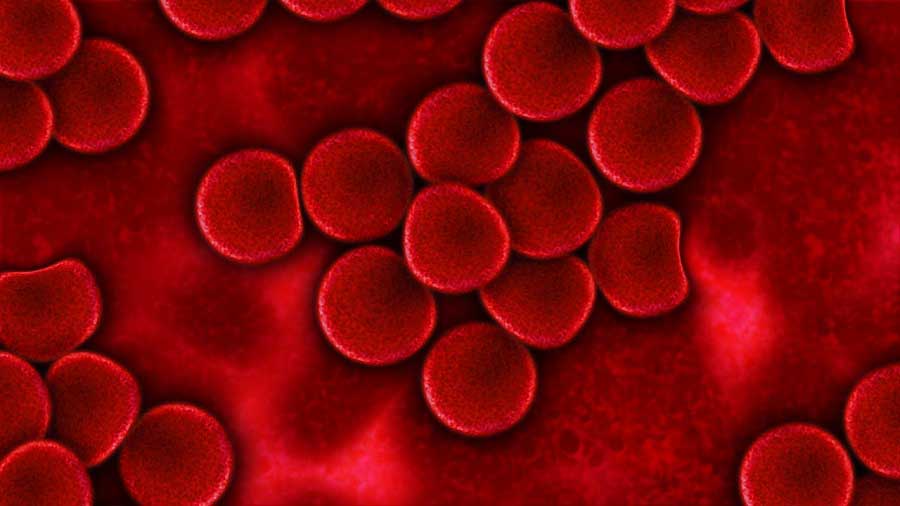Apixaban shows promise for atrial fibrillation cancer patients
Apixaban shows promise for atrial fibrillation cancer patients
30 Aug 2016Atrial fibrillation patients with active cancer or who those who were treated for cancer within the previous 12 months appear to tolerate novel oral anticoagulation agents. The finding emerged from a post-hoc analysis of findings from the ARISTOTLE trial.
Treatment of 157 active cancer patients with apixaban (Eliquis) was associated with a 70% reduction in the composite endpoint of stroke/systemic embolism, myocardial infraction of death when compared with treatment with warfarin. Treatment of patients without cancer resulted in a 14% reduction in the composite endpoint compared with warfarin, said Renato Lopes, MD, PhD, professor of medicine at Duke University Medical Center, Durham, N.C.
Is Antithrombotic therapy beneficial for atrial fibrillation cancer patients?
In discussing his study, Lopes noted, "Cancer is a prothrombotic state and may further increase the risk of thrombotic events in patients with atrial fibrillation. Antithrombotic therapy for stroke prevention in atrial fibrillation patients with cancer thus presents additional challenges."
Lopes said that in the ARISTOTLE population, 6.8% of the patients had a history of cancer, but just 157 of them had active cancer or had treatment for cancer within the previous 12 months. Most of the cancers were prostate, breast, bladder, and colon solid tumors, he said. "Among this population of patients with atrial fibrillation, no significant associations between cancer and the risk of stroke or systemic embolism were observed," Lopes said. "The superior safety of apixaban versus warfarin was consistent among patients with and without cancer."
"These data are exploratory," he said, "but they suggest that apixaban may be at least as good as warfarin among patients with active cancer." In particular:
- Among the 81 patients with active cancer who were assigned to treatment with warfarin there were 5 strokes or systemic embolism, 3 ischemic strokes, 1 myocardial infarction, and 1 pulmonary embolism.
- None of these events occurred among the 73 patients with active cancer who had been assigned to apixaban.
- There were 5 deaths of any cause in the apixaban cohort and 11 deaths of any cause in the warfarin cohort.
- Any episode of bleeding occurred among 27 patients on apixaban and among 30 patients on the warfarin arm of the trial.
- Major bleeding occurred in one apixaban patient and in 5 warfarin patients.
Limitations of the study: small number of study participants
In commenting on the study, American Heart Association spokesperson Elliott Antman, MD, professor of medicine at Brigham & Women's Hospital/Harvard Medical School, Boston, cautioned, "Acknowledging that the number of people in this study is small, it does appear that treatment is safe to give apixaban compared to warfarin in patients who do have active cancer. But this has to be interpreted in light of the relatively small number of patients who were available for this analysis who did have active cancer."
"It does provide an encouraging signal that apixaban may be a reasonable therapeutic choice for those patients who have atrial fibrillation and active cancer," Antman added. He also suggested than any of the newer oral agents should be expected to show similar results. "These new drugs have a faster onset of action and a more stable and predictable level of anticoagulation," he said. "I don't think we have definitive evidence here to say that we should use apixaban over warfarin or apixaban versus another other oral anticoagulant, but this is clinically useful information because it says to us that at least we have a signal that this is a reasonable option, but it does require further analysis."
According to Lopes, the net benefit of apixaban – calculated by adding instances of bleeding to the composite score was a reduction of 68% in the risk of experiencing the primary endpoint among patients with cancer; there was a corresponding 17% reduction in events among the nearly 17,000 patients with atrial fibrillation in ARISTOTLE who did not have a history of cancer.
"Our findings are reassuring that patients with active cancer who are more prone to strokes can be safely treated with apixaban," he said. "The results are promising and warrant further studies."
Source: MedPage Today